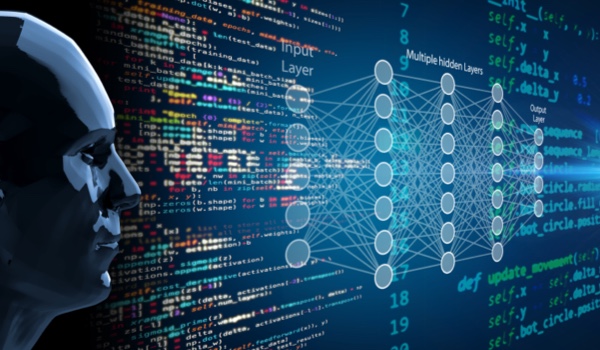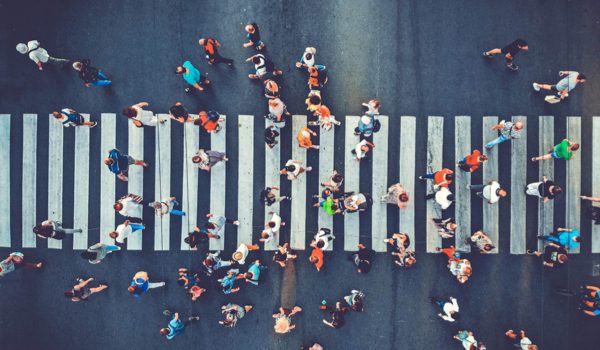


ABIDJAN, COTE D’IVOIRE - Africa’s healthcare systems face unique challenges. The continent carries a quarter of the world’s disease burden but has only 2 percent of the global healthcare workforce, per the World Health Organization. This means that far worse epidemics and infectious and communicable diseases than COVID-19 are still rampant across the world’s second-largest and second-most populous landmass.
Non-communicable diseases such as diabetes, hypertension, and cancer are also sharply increasing, due in part to a growing middle class in urban settings who live more sedentary lifestyles. Africa’s young and growing population also means this situation could get worse before it gets better.
Africa’s brain drain and exodus of health workers to richer parts of the world will not be fixed overnight, and neither can Africa produce the thousands of health workers every six months that it needs to address this shortfall. Luckily, most - if not all - of the challenges facing Africa’s healthcare sector can be addressed by technology, in particular technology that is part of what is known as the fourth industrial revolution of artificial intelligence (AI), Big Data, robotics and others. The second-largest continent should thus boldly embrace the evolutionary path presented by digital healthcare, a path that would constitute a great leap forward, leveraging transcendent technologies rather than just taking the next technological step that follows in the footsteps of more advanced regions.
To be effective, Africa’s health systems should move from what the current legacy system has to offer - with a dominant focus on disease management - to something that better empowers patients and focuses more on health and wellness through personalization, prevention, and education. Patients should become active participants in their own healthcare to reduce the burden on the already inadequate and overstretched healthcare workforce. In
The content herein is subject to copyright by The Yuan. All rights reserved. The content of the services is owned or licensed to The Yuan. Such content from The Yuan may be shared and reprinted but must clearly identify The Yuan as its original source. Content from a third-party copyright holder identified in the copyright notice contained in such third party’s content appearing in The Yuan must likewise be clearly labeled as such. Continue with Linkedin
Continue with Linkedin
 Continue with Google
Continue with Google









 965 views
965 views








